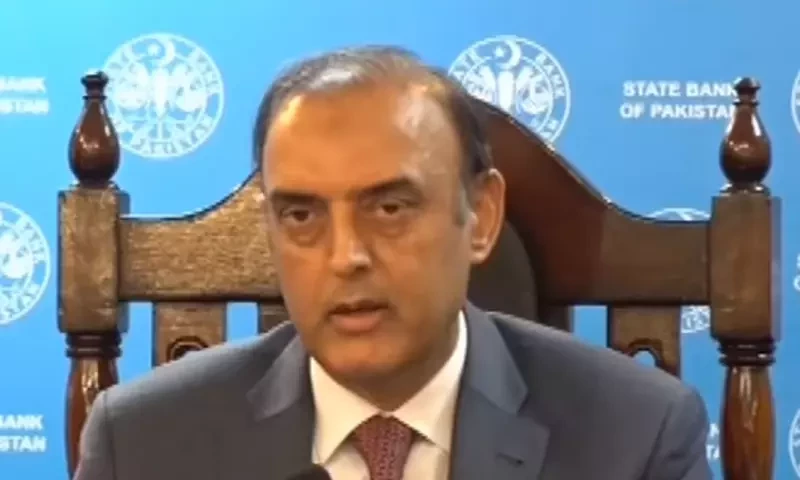In September 2023, Pakistan witnessed a significant downturn in the Oil Marketing Company (OMC) sector, with monthly sales plunging to 1.06 million tons. This marked a staggering 31 percent year-on-year (YoY) drop and a 25 percent month-on-month (MoM) decline. These dismal figures represent the lowest level of OMC sales since the onset of the COVID-19 lockdown in March 2020. In this article, we delve into the factors responsible for this dramatic decline and explore the implications for Pakistan’s energy landscape.
The Factors Behind the Decline
1. Record-High Prices
One of the primary culprits behind the steep decline in OMC sales is the soaring oil prices. As global oil prices reached record highs, consumers in Pakistan felt the pinch at the pump. The substantial increase in fuel costs led to a sharp decrease in consumption, as people tightened their belts and reduced their travel and consumption.
2. Smuggled Oil from Iran
Another contributing factor to the declining OMC sales is the influx of smuggled oil from neighboring Iran. The availability of cheaper Iranian oil on the black market has siphoned customers away from legitimate OMCs, leading to a loss of revenue for the country’s official oil suppliers.
READ MORE: Strong Earthquakes in Nepal Send Tremors Through North India
3. Lower FO-Based Power Generation
The decrease in Furnace Oil (FO) sales is also a key element in the overall sales decline. In September 2023, FO sales stood at 0.97 million tons, reflecting a 20 percent YoY drop and a 24 percent MoM decrease. The decline can be attributed to the reduced reliance on FO for power generation, as Pakistan explores alternative energy sources.
4. High-Speed Diesel (HSD) Woes
High-Speed Diesel (HSD) sales reached their lowest point since the COVID-19 lockdown in March 2020, plummeting to 394,000 tons in September 2023. This represented a 24 percent YoY decrease and a 28 percent MoM decline. The primary driver behind this sharp decline is the exorbitant price hike in diesel. Prices surged by 12 percent from Rs. 293 per litre in August 2023 to Rs. 330 per litre in September 2023.
5. Petrol Predicament
Sales of Motor Spirit (MS), commonly referred to as petrol, also experienced a significant downturn, falling by 18 percent YoY and 23 percent MoM to 518,000 tons in September 2023. The surge in petrol prices, with a 14 percent increase from Rs. 290 per litre in August 2023 to Rs. 331 per litre in September 2023, has been a major deterrent to consumption.
6. FO Sales Hit Hard
Furnace Oil (FO) sales for September 2023 bore the brunt of the decline, plunging by a staggering 72 percent YoY and 28 percent MoM to a mere 84,000 tons. This can be attributed to the reduced use of FO in power generation, further emphasizing the shift towards cleaner energy sources.
Impact on Key Players
Among the listed OMC entities, Pakistan State Oil (PSO) experienced a substantial decline in sales for September 2023, with a 37 percent YoY drop and a 30 percent MoM decline to 510,000 tons. The major driver behind this decline was FO, which saw a staggering 94 percent YoY decrease and a 61 percent MoM decrease.
Shell Pakistan (SHEL) and Attock Petroleum (APL) also felt the impact, with SHEL witnessing a 30 percent YoY decline and an 18 percent MoM decrease to 80,000 tons, while APL sales dropped by 13 percent YoY and 18,000 MoM to 123,000 tons.
Future Outlook
Despite the current challenges, there is hope on the horizon. The recent decline in petrol and diesel prices, coupled with tightened security along the borders to curb oil smuggling, is expected to have a positive impact on next month’s oil sales. As Pakistan navigates these turbulent waters, the OMC sector remains resilient, adapting to changing market dynamics and striving for a more sustainable future.
Conclusion
The sharp decline in Pakistan’s OMC sales for September 2023 paints a challenging picture for the country’s energy sector. While factors such as record-high prices, oil smuggling, and reduced FO-based power generation have contributed to this decline, there is optimism for a recovery in the near future. As the industry continues to evolve, adaptability and innovation will be key to ensuring a stable and sustainable OMC sector in Pakistan.




